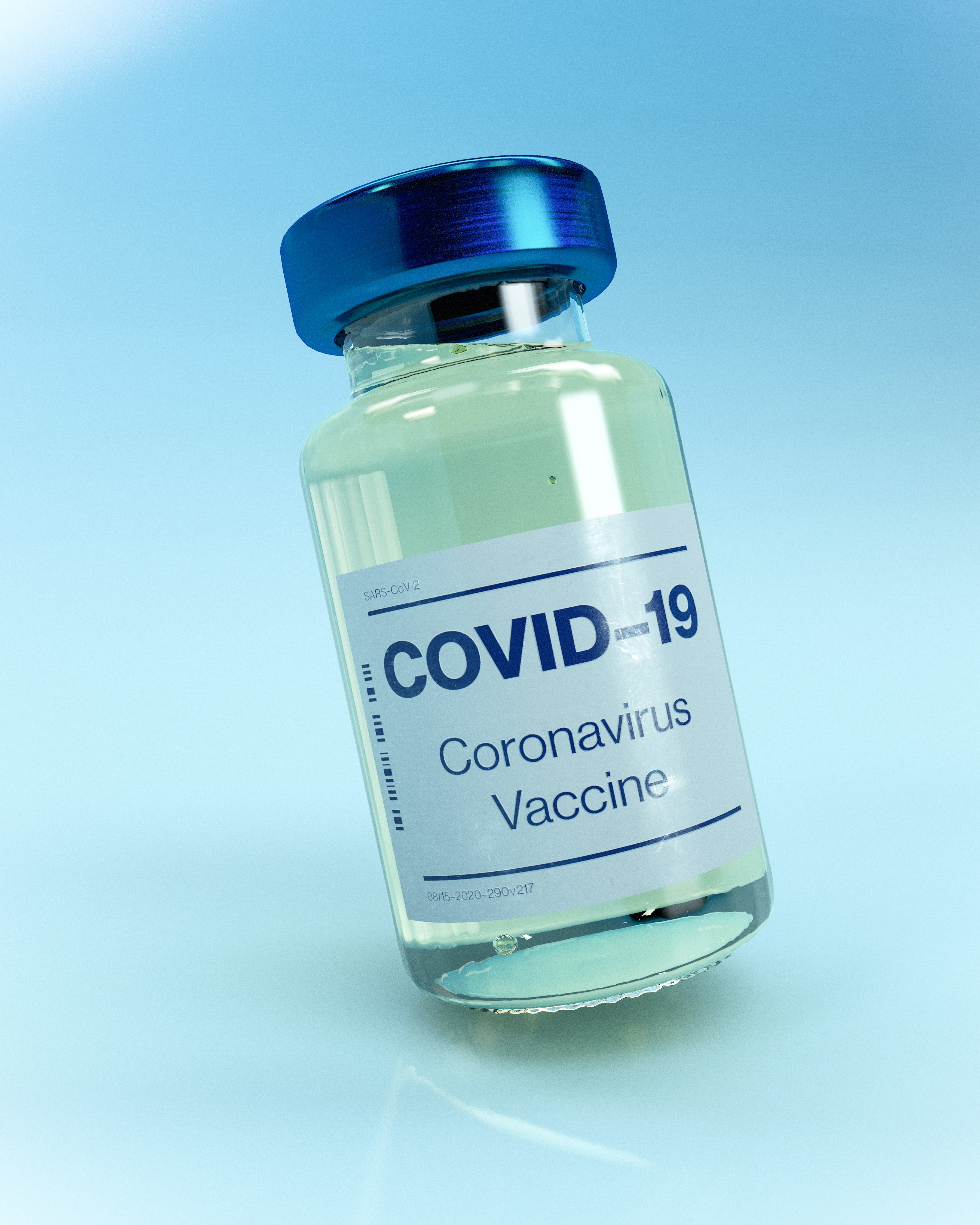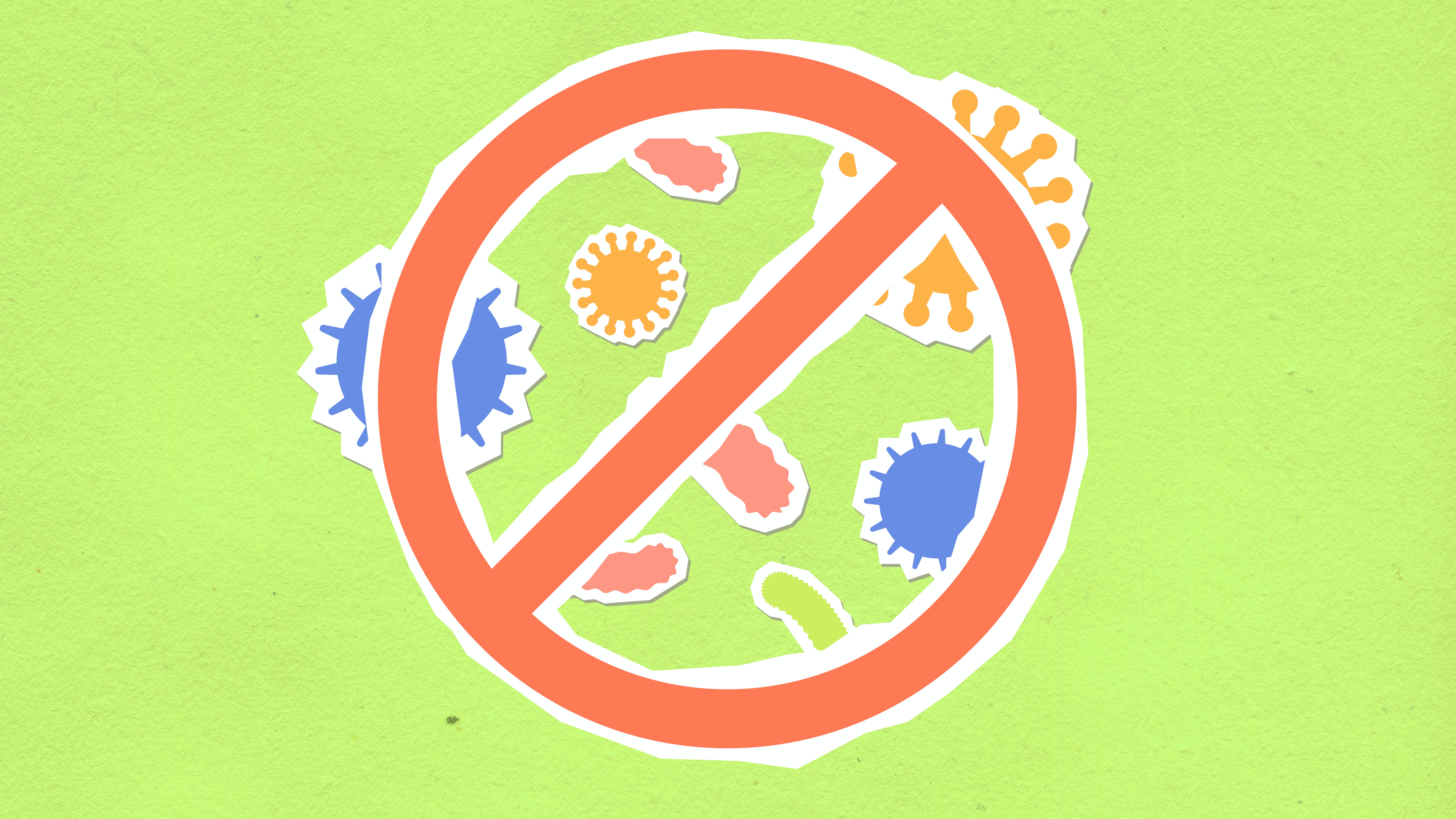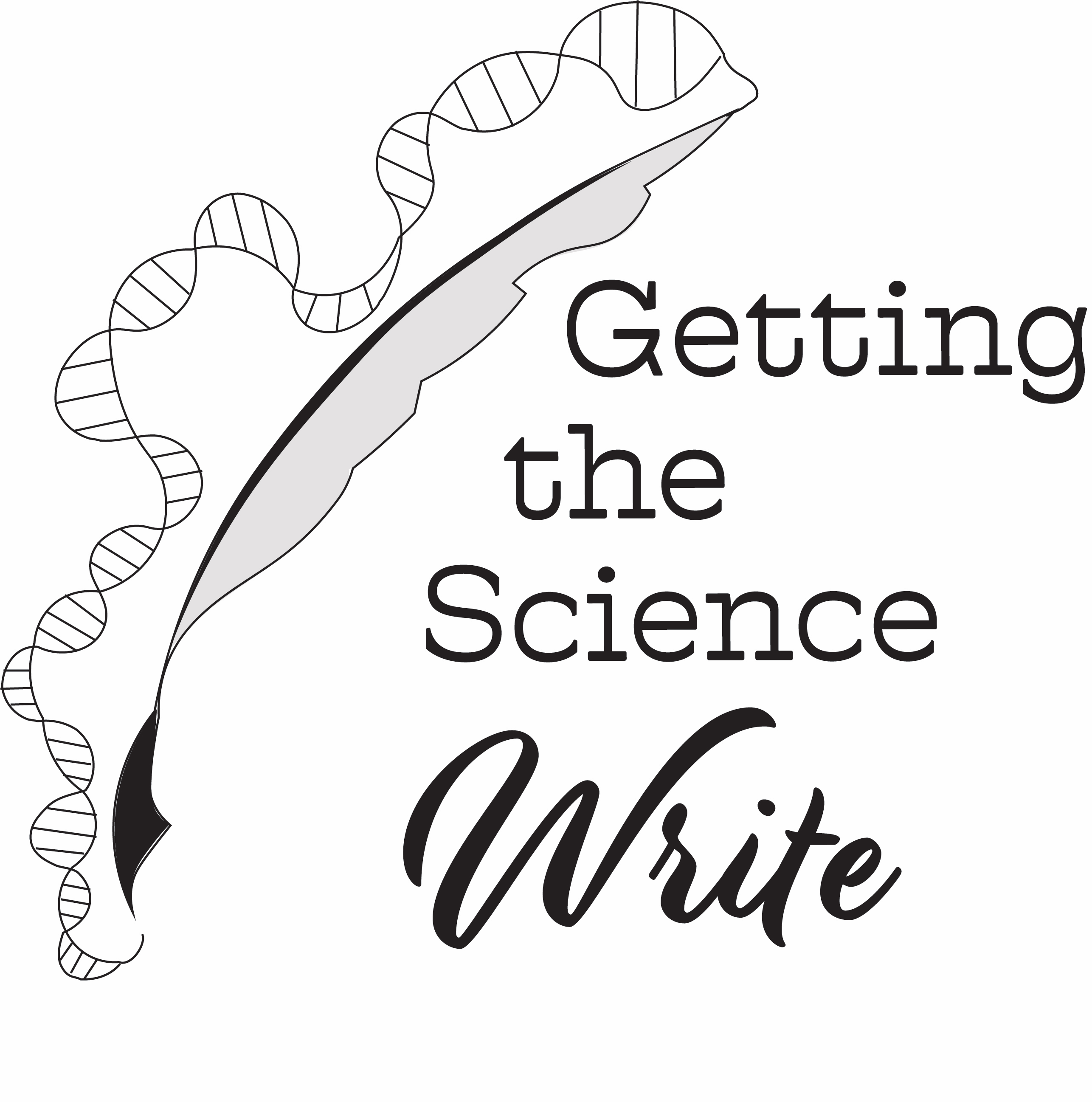Vaccines- Part 1
“I got the vaccine!”
“Awesome! That’s amazing! I’m still waiting to get my dose!”
“Yeah! I can’t wait until I get superpowers!”
“…Wait, what?”
“You know: the RNA vaccine goes in, changes your DNA, and then there’s a chance you could get a super gene!” “It… doesn’t do that.”
“BEHOLD! My powers are awakening as the vaccine alters the very core of my biological being! I can feel the power boiling, rumbling up inside me!”
“I think you’re confusing manifestation of superpowers with lactose intolerance, friend.”
Vaccines: The Thing That’s On Everyone’s Mind Right Now
Hello you beautiful people! After a few months of grueling work and multiple tests, I have survived my preliminary exam! I am back! Now I can get back to writing posts on a more consistent schedule rather than once in a blue moon!
It’s funny, though: my blog posts this past year started to slow due to a combination of intense testing and the COVID-19 pandemic. And ironically, I have been focusing on viruses in these sparse number of posts. And so it feels poetic that my newest post on vaccination is once again quite timely, with the distribution of the COVID-19 vaccine.
This is, again, a blog concerning how to incorporate scientific accuracy into your writing and, above all, entertaining you as you learn; but I will be focusing on the science quite heavily in these next two posts. But with great knowledge comes great ideas for your novels! So let’s dive right in!
Vaccines in Science Fiction

I don’t think science fiction has been kind to the topic of vaccines.
In 2014, A.G. Carpenter, a speculative fiction author, published a piece in Nature magazine with the major plot point being that vaccines weakened the immune system over time.
In Nature magazine, people. NATURE. MAGAZINE. For those who don’t know, Nature is a peer edited journal, so how that got through the editing process to be posted on their journal’s website baffles me. It’s a short piece, and probably not one that you’ve seen floating around on the internet, but the implications are unsettling.
Going off of that, the movie of “I Am Legend” has the whole zombie apocalypse initiated by a cancer vaccine, which doesn’t help give vaccines a good name. Now that I think about it, a lot of the “virus” stories that I know of, the plot focuses not on getting a vaccine, but either stopping the primary infection in the first place (time travel) or just dealing with the devolving society as the virus destroys mankind. The famous video game, “The Last of Us,” misunderstands what a vaccine is and states that a person must be sacrificed to develop the vaccine… which just isn’t right at all (the fact that the characters are trying to make a vaccine to a fungus of all things is also a problem, but that’s a longer topic than we need.
I found this article recently looking at the trend in the use of “disease,” “virus,” and “pandemic,” in science fiction. What I found interesting, though, was the lack of discussion about vaccinations in conjunction with these words (type in “vaccine” or “vaccination” in the find bar: you’ll see 3 instances of vaccine/vaccination in the entire paper).
(Seriously, check out the paper. It’s super cool and gives new light on the perspective of real-world events in Sci-Fi)
I’m not that surprised, though. Let’s consider basic storytelling mechanics: much of a story is focused on suffering. That’s the plot, the rising action, what is driving the characters to act and respond. The vaccine, on the other hand, would be considered the “solution” to this suffering. Or, it can be treated as a MacGuffin, or a “thing” that the plot needs or the item that is passed around that everyone’s trying to get (as it is in the movie “The Patriot” with Steven Seagal). I think a lot of times, there’s the explanation of “the virus mutates too fast” for a vaccine to be effective. Why? Because having a vaccine would end the story, and there would be no plot.
Which is a shame, really, because I think this shirking of vaccine’s true potential in fiction comes from a general lack of understanding what vaccines do.
What Are They, And How Do They Work?
Vaccines train your immune system to fight a specific pathogen. Your immune system is generally thought of as split into two types: innate and adaptive immunity. Innate immunity refers to the response your body has the second the pathogen enters your body. Platelets attack the intruder, Natural Killer Cells go to town on assaulting infected cells, and neutrophils literally “nuke” the area with the release of granules.
I know I am throwing a bunch of random cell names at you all but bear with me. What you need to know is that in innate immunity, your body sends out the troops to just kill everything that it thinks is an enemy. You may kill your comrades with the nukes, but they will be martyrs as you fight off the invaders.
But the true stars of the war are the dendritic cells. They go in and swallow the enemy. Then, they present a fragment of the pathogen on its surface. This is the equivalent of having a good photo of a person. The dendritic cell shows this fragment to T-cells:
Dendritic cell: “Yo, if you encounter this thing, that’s bad. Got that?”
T-cells: “Roger Roger!”
That “Roger Roger” is geek-speak for T-cell activation. This means a lot of different things; for right now, activation means “set blasters to kill.” Imagine, if you will, the T-cells being the special ops that can track down the nasty buggers.
BUT, some of those special ops need to go speak to captain of the air fleet, or B-cells. So, some T-cells go to B-cells, which are in your lymph nodes. T-cells interact with B-cells that also are presenting that same pathogen fragment (long story short, the immune system is complicated, and the pathogen does in fact get trafficked to where the B-cells are and then can interact with some B-cells that are specific to that pathogen).

T-cell: “T-sergeant here, B-captain, ready with my report!”
B-cell: “At ease, soldier.”
TC: “Yes captain! You came into contact with the enemy sir?”
BC: “We did indeed. We have their descriptions right here and we have been making weapons specifically to penetrate their armor.”
TC: “Captain! [holds up the photograph] Our men have reported that the enemy is in our territory, sir!”
BC:[Takes off glasses] “Mother of God… The son of a gun is on our doorstep. Release the N.T.Bodi fleet!”
This specialized fleet is the antibodies, which the B-cell releases into the system. The antibodies bind to the pathogen, which then allows macrophages to gobble up the antibodies and pathogen.
(Am I oversimplifying this? Of course. Am I leaving out memory T-cells and NK cells and a ton of other cells? Yep!)
Now, I just spent a looooong time going over that whole song and dance, and for good reason. The adaptive immune response is what the vaccine is stimulating. You see, your innate immune response, while fast acting, is not specific and is not necessarily doing all of the heavy lifting in the immune response. The adaptive immune response is the big player in fighting off infection, since it’s specific and can even help in the innate response… once it’s there. See, you time and exposure to the pathogen to develop an adaptive response. By the time the adaptive immune response kicks in, you have been sick with a high fever and a cough for a few days. When that same pathogen tries to invade again, however, you get a significantly faster adaptive response, meaning that you probably won’t get more than a cough during the second exposure. This is due to a multitude of factors; what you’ll care most about, dear reader, is that your B-cells are much more primed and ready to release antibodies after that initial encounter.
Your immune system has learned to defend itself, so to speak.
The vaccine, in short, is a controlled initial exposure so that when you run into the real deal in the wild, it’s technically the second time your immune system has seen the pathogen and you have a fast reaction from the get-go. Next post will cover how different types of vaccines work, but that’s the general gist for right now.
Is Your Immunity For Life?
Sometimes.
Some vaccines are better at creating permanent memory B-cells than others. The seasonal flu vaccine, for example, does not create lifelong immunity. Others, like the polio vaccine, provide lifetime immunity. The reason for this difference is complicated and is an ongoing field of research in immunology.
The general gist is that some viruses mutate so often that once you get the vaccine for that season, the virus will be mutated to a new version of itself (and thus making that season’s immunity a “moot point” for the next season’s infection). If we dig a little deeper, we find that some antigens (again, the parts of the viruses that cause an immune response) just don’t stimulate the system in such a way that results in long lasting memory cells. We’re going over it in my advanced immunology currently, and the research looking at trying to ensure lifelong immunity is staggering.
(Long story short: why do we not get lifelong immunity? Weeeeeell, The scientists are looking into it. Lots of grants to be had in that research!)
Does that mean you don’t need the vaccine if it doesn’t give lifelong immunity?
No! The vaccine helps keep the infection in the general population under control! It allows for the hospitals to handle the infections when they are at non-pandemic levels! That’s the big issue with COVID-19 right now: hospitalizations, and the lack of resources to treat the current hospitalizations.
Can Vaccines Cause Autism?
Say it with me: VACCINES. CAN’T. CAUSE. AUSTISM.
I’ll discuss this in a later post, but here’s the quick answer: The original doctor who made that claim has been forbidden to ever practice medicine BECAUSE of this falsified claim. And it’s been proven countless times to be false.
I’m not kididng; I think this may be the most disproven claims I’ve heard of.
I will get real with you: if you use this as a “plot point,” that is malicious on your part. You’d be equivocating autism to a disease, which is downright horrible and insanely incorrect. Autism is inherited and due to a person’s genetics; vaccines do not touch/alter/manipulate one’s genes in any way (see above). This false belief paints Autism as a disease, which is wrong and problematic on SO many levels. This one falsified claim has forever stained the scientific community and destroyed trust between the scientific community and the general public.
“But it wasn’t the vaccine, it was the thimerosal in the vaccines-“ STILL WRONG! It’s a preservative. And is non-toxic. And even if it was toxic, it wouldn’t cause autism.
“But what about the adjuvants-“ NOPE! Adjuvants are literally only there to help boost your immune response. Not a toxin. (For more info on what is in vaccines, check out this page)
I don’t try to do this in my blogs, but this is when I turn to you, fellow writer, and tell you: DO NOT PUT THIS IN YOUR WRITING AS A PLOT POINT. The stories that circulate in our communities, be they fiction or non-fiction, influences how we think. If we propagate stories that perpetuates this idea, no matter how fictional that story is, it re-affirms this belief certain people may hold or it plants the seed of doubt in the minds of people who still haven’t decided yet. Yes, even if it’s clearly a piece of fiction.
We already have enough conspiracy theories in our world right now; don’t propagate this one.
Can Vaccines Make You Sick?
You’ll maybe get mild symptoms for, like, a day. Keep in mind that having a mild response is expected for some vaccines because you’re tricking your immune system into responding to something to something that’s already there. Sure, a day of mild symptoms sucks, but that’s a DAY of symptoms rather than multiple days (to weeks), and is certainly better than a trip to a hospital because of severe symtpoms.
What’ll be even better, though, is that you’ll reduce your chance of passing the virus onto other people! Yay herd immunity!
Wouldn’t Getting Sick “Naturally” Be Just As Effective?
Answer: it would suck more (see previous paragraphs), and there’s a bit more danger involved.
So, remember that there’s a real chance of death with real viruses. Yes, even the flu. And some viruses can stay in the DNA and hide out in your body for years, only to rear their ugly head when you least expect it (That’s Shingles for you). If you prep your body to take precautions against infections, you not only protect yourself from potential “viral re-emergences” (is that a word? It is now) and… you know… death.
The Takeaway?

Vaccines are amazing… but they are preventatives, not cures. They are our way of keeping the vius in check while hospitals can handle the patients who caught the virus. The vaccine, in training your body to handle the live virus, is able to help halt the transmission of the disease in society. In the best case senarios, the vaccine can erradicate the virus in humans if there is lifelong immunity (and if humans are the only animals the virus infects).
It does not alter your DNA. Biggest takeaway here is that VACCINES DON’T ALTER YOUR DNA!
I feel like this post may have detered writers in using vaccines in their work, but fear not! There’s still a lot that the vaccines can offer in science fiction stories! In future vaccine post, we’ll dive into the possible issues with vaccines such as development, side effects, distribution, and lack of trust in society surrounding vaccines.
Stay safe guys! And Happy Almost-A-Whole-Year-Of-Quarantine! :)
Terminology
Innate immunity- Your system’s first line of defense. It reacts immediatly to anything it may deem a threat to the body, and is more generalized in it’s response.
Adpative Immunity- This is what helps you fight infections/viruses in the long run. This response is specific to the pathogen causing disease, targeting a specific molecule(s) as homing targets for a organized and effective strike. This is from B-cells gaining “memory” and developing antibodies specific to the pathogen.
Adjuvents- Molecules in vaccines that are there to help with boosting your immune response. You see, when you get a vaccine with just the particles of the pathogen, there’s not a huge response. So, we use adjuvents to trick you immune system into thinking there’s a bigger inflammatory response going on in response to the “pathogen,” so you have a better formation of adaptive immune response.
